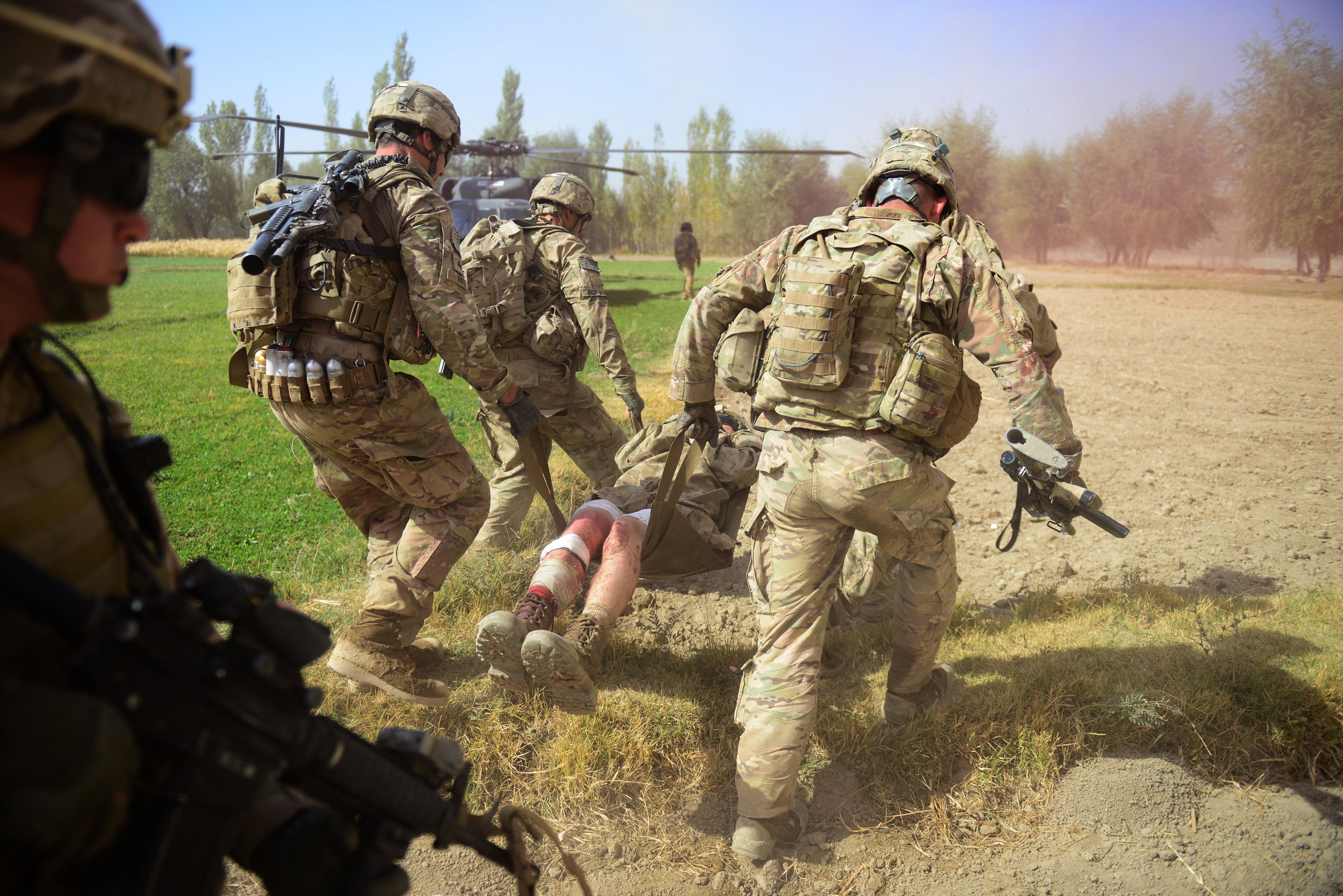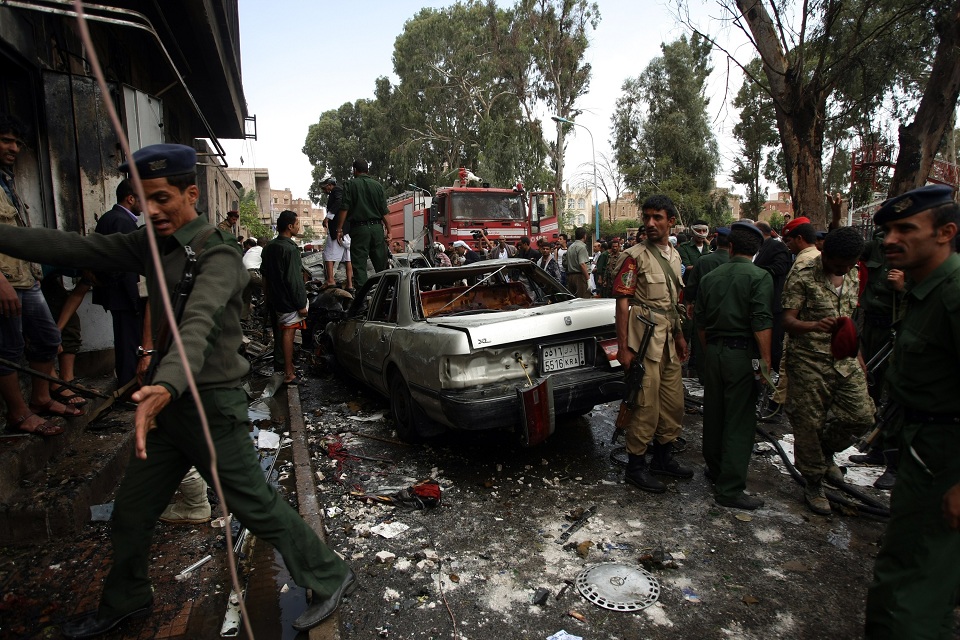The campaign against Grand Mufti Ali Gomaa raging in the Egyptian press these days is enough to make even the most committed journalist lose faith in the media.
At university they taught us that the media is the fourth estate, that journalists are watchdogs monitoring the centers of power and that the driving ethic behind our work is a commitment to the truth. Professional integrity is the cornerstone of a journalist’s credibility, they taught us, always keep the public interest in mind, never distort the truth, misrepresent, oversimplify or highlight incidents out of context.
If anything, the recent debacle over the Mufti’s “drowning fatwa which brought him under fire for allegedly stating that the 26 illegal immigrants who drowned off the Italian coast were “not martyrs, but greedy, proves our state of media chaos.
Case in point: two contradictory versions of the Mufti’s statements at a Tuesday press conference held at Dar El Ifta.
While this paper reported that Gomaa denied “false claims made by the media following a lecture he gave at Cairo University last week regarding the illegal immigrants – a statement corroborated by a transcript of the lecture made available to Daily News Egypt; another independent newspaper, reported that Gomaa insisted on his “fatwa , declining to mention that he emphasized that what he said was not a fatwa, but merely an answer to a question posed by one of the students attending the lecture, where he also said that only Allah decides the fate of those who die in such circumstances.
“We will not know what exactly happened until we have more information, he said, according to Daily News Egypt.
Apart from how the whole sorry incident was reported, it seems that a deliberate misrepresentation of any statement by the Mufti has become so popular to the point of distorting the facts.
It must first be made clear that a fatwa – a religious edict – is, by definition, merely the informed opinion of a religious scholar in response to a specific question. Hence, it is justifiable (and perhaps even desirable) to have two different fatwas on the same topic depending on the particular circumstances put forth by the person seeking the fatwa. The onus is on the questioner to not distorting the facts to get the fatwa he/she wants to hear either by withholding information or not providing adequate context.
At the same time, the scholar too must ask for clarification if need be and point out whether there was disagreement among scholars in the particular area in question.
It is thus imperative for any reporting on a fatwa to include the question to which the scholar was responding.
The way journalists frame their coverage of fatwas must, for one, specify whether they are reporting on a controversy or giving their own opinion about the issue at stake. Very often the line between news and opinion is so blurred that much of what we read in the press as news is marred by either the personal opinion of the reporter, or the position of the newspaper vis-à-vis certain issues.
That said, most journalists would agree that complete objectivity is impossible to achieve but at the same time, through abiding by certain industry standards and strictly following generally agreed upon ethical codes, we can present any issue comprehensively.
Even if the so-called drowning fatwa was a religious edict according to general standards set by scholars, I personally don’t see why it has triggered such a firestorm.
Compassion aside (no normal human being would not be saddened by such tragic deaths), the 26 who died at sea were doing something illegal. The motives behind what they did, the circumstances that drove them to it – whether it was government policies, despair or deception by human traffickers – is irrelevant at this point. Desperate as they were, these youths did put themselves voluntarily in harm’s way with one of two thoughts in mind: either to work illegally in Italy, or be “martyred attempting to get there.
This takes us to the next logical question: what is the role of the Mufti in Muslim societies? By Muslim societies, I don’t mean Islamic societies, but secular ones like Egypt where the majority of the population embraces Islam.
Although it is beyond the scope of this column to answer this question, I support the Mufti in this particular case and would argue that he played his proper role. For someone of his caliber to take a rational, cerebral attitude as opposed to an emotional one towards this dangerous phenomenon, is a revolutionary paradigm shift.
Religious figures must challenge peoples’ tendency to take Prophet Mohamed’s hadiths at face value. If people continue to believe that doing something illegal can be mitigated by alternatively going to heaven, how many more desperate young souls will we lose on the European coast every year?
Whether we like it or not, or whether politicians, intellectuals or statesmen continue to deny it, religion has and always will influence politics and vice versa especially in the Muslim world where it invades the public sphere more flagrantly than anywhere else. (If in doubt, read The Economist’s special 18-page report on faith and religion which ran in the Nov. 3-9 issue, where the author contends that “religion is an inescapable part of politics ).
That said, no discerning journalist should take the Mufti’s – or indeed any official’s – words without a grain of salt. Yet in challenging authority, journalists, especially ones working in the independent media, must be informed and responsible, steering clear from tabloidization and the lure of sensationalism.
How else can we win the battle for credibility against the state-owned mainstream?
Rania Al Malkyis Chief Editor of Daily News Egypt.

